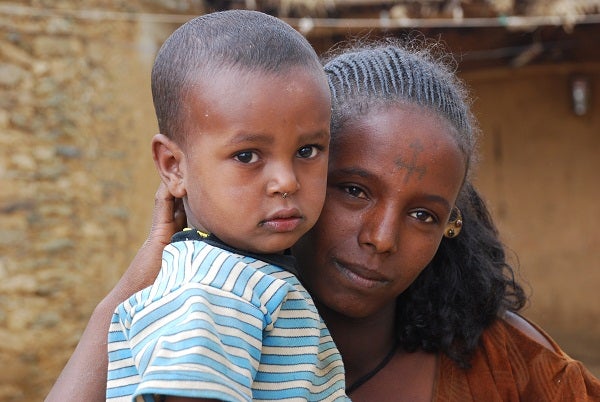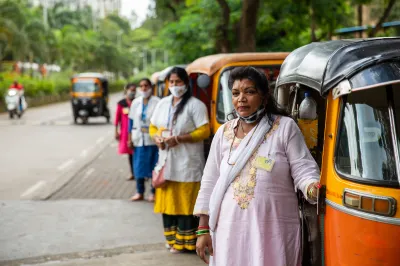Adaptations of the Graduation Approach: Risks and Opportunities
The CGAP/Ford Graduation pilots (10 in eight countries) have generated a lot of interest in the development community, based on the very positive quantitative and qualitative evaluation results thus far. Especially in Latin America, though also in Asia and Africa, several governments are undertaking or planning to implement the Graduation Approach at significant scale. Often these new Graduation programs are being integrated into existing government social protection programs that already offer consumption support, one of the five key Graduation elements. These government programs are then integrating other elements – including savings, asset transfer, technical skills training, and life skills coaching – in order to offer a more complete set of services.

The concern most frequently raised by governments trying to implement graduation programs at scale is the complexity of the life skills coaching element. Many state that due largely to staffing constraints, they will need to significantly trim the scope of this time-intensive “building block” of the Graduation Approach. For example, in the Colombia Graduation program, tablets are being used as coaching tools to reduce costs and distance. While this kind of experimentation and adaptation presents important opportunities to deepen our understanding of which elements of the Graduation Approach are essential for achieving positive results, it also creates significant program risks.
As noted in the Technical Guide, effective coaching is designed to accomplish several interrelated program goals
- To provide a weekly touch-point for participants where program staff can assess progress on livelihoods and social development during household visits and address any problems that have developed.
- To reinforce the basic financial education and livelihood skills provided in other “building blocks” of the program.
- To improve health practices, and to link participating households with available healthcare resources.
- To help foster participants’ self-confidence.
Thus, when implemented successfully, coaching provides critical social, emotional, and technical support to participants. For staff, coaching delivers early warning signs of any problems. Field staff need not only the right technical skills, but also a deep empathy for program participants and the ability to engage with them in a spirit of respectful mentoring.
At BRAC and across the CGAP/Ford Foundation pilots, the life skills coaching component has been consistently identified, by implementers and by the participants themselves, as perhaps the most critical success factor for the Graduation Approach. As one participant in Haiti commented, “When someone comes to visit you, asks about you, you feel important. Because of my case manager, I feel like I am somebody.”
However, we also recognize that the coaching component is the most logistically complex and the most difficult to staff – issues which become increasingly challenging as program scale increases. Government implementers of the Graduation Approach will frequently use an existing social protection program delivery infrastructure, where staff are not likely to have depth and the breadth of skills needed. Household visits will generally be shorter and less frequent (or even bypassed entirely when funds for consumption support and asset building are delivered electronically).
An adaptation that significantly reduces the scope of services, while still achieving significant results, would of course be a major breakthrough in the design and implementation of the Graduation Approach. It could smooth the path to major scale by reducing cost, complexity, and perhaps the challenges of coordinating with other agencies. On the other hand, if this reduction in the scope of support services being offered leads to less successful outcomes for participants, then this knowledge can shed light on what elements of the Approach are most essential.
The results of the pilot Graduation programs cannot be disaggregated to allow us to determine which elements may be most crucial to program success. (An exception to this is the pilot in Ghana, which has experimented with timing of consumption support and with provision of only the asset transfer.) So it is especially important for future implementers who make significant changes in the design and delivery of the program — especially in the area of life skills coaching— to measure and track whether the adapted approaches are able to deliver a comparable degree of positive outcomes. These assessments can be used not only by the governments implementing the revised approach to make adjustments in program design, but also should be shared among the Graduation community of practice to inform ongoing and future programs. Otherwise we would be missing a crucial opportunity to learn from one another about what works and what doesn’t.
The Graduation Approach holds immense promise. Only by continuing to capture, document and share learnings – as implementers adapt the core elements of the Approach – will we be able to realize that promise as the Approach is scaled up in varied settings.




Add new comment